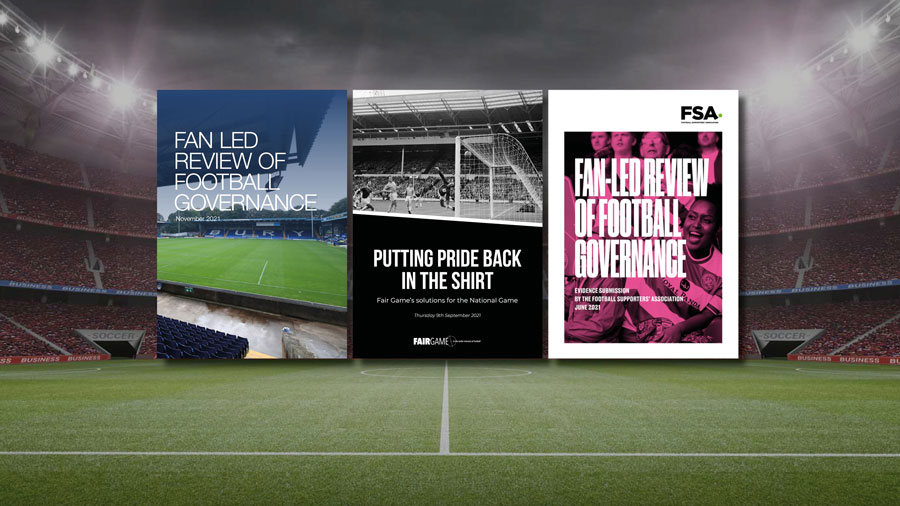Where do we draw the line?
Roman Abramovich’s departure from Chelsea FC has highlighted uncomfortable questions around the ethics of club ownership, the role of the fans, and the future of football itself

GOVERNANCE
Image: Istock

Martin Cloake
Co-chair, Tottenham Hotspur Supporters’ Trust
When supporters back the bad, the questionable, the unethical because they think it will give their team an advantage, it undermines the case for greater supporter influence. If something is bad, it can’t be good when it benefits us.
But what if members want a new owner despite doubts about their background or intention? It’s a dilemma that faces every membership organisation. But stepping up and representing people also means being prepared to take a lead. It is important for fan organisations to take a clear and consistent line. How best to do this?
The gain game
The prospect of immediate success has encouraged short-term vision. Sure, there are plenty of Chelsea fans who say they wouldn’t swap the past 20 years for anything. But there will be some who recognise the uncomfortable questions raised. Roman Abramovich’s entry into English football as Chelsea’s owner was a game-changer. Genuine competition became harder simply because one club could massively outspend every other.
Abramovich’s arrival also alerted others to the reputational value of owning a Premier League football club. Without him, would the UAE and Saudi Arabia be involved now? And when three teams are able to buy out and buy off all competition, how attractive will the world’s most high-profile football league be then?
Bigger picture
More fans need to apply a consistent set of standards, to avoid seeing things solely through a club prism and instead look at the game as a whole. Just as they did when opposing the European Super League (which included my own club).
The Premier League’s line is that, if the UK government welcomes investment from someone, blocking investment from those same entities would open it up to legal action. But, as competition organiser, it can set whatever rules it likes. This could prompt a legal battle over where legitimate competition regulation stopped and restraint of free trade started, but that battle is ever-present. The Premier League’s uncritical embrace of the untrammelled free market looms over everything.
We are in a situation where competition has been unfairly skewed, reputation is severely tainted, and the survival of clubs is even more dependent on the whims of an owner. The questions raised over post-Abramovich Chelsea have centred on whether or not it is ‘fair’ that a club or its fans should ‘suffer’ – and that word really does need to be used with care in the current circumstances – because of its owner.
The more prescient Manchester City and Newcastle United fans will be wondering what happens if their owners fall foul of new regulation, or decide that the risk of investing in an English club is no longer worth it. Let’s not forget they own these clubs to burnish their own reputations, not because of commitment to the institution.
“It’s only fans who care for their clubs primarily as sporting, cultural and community institutions. So they need to be given real power in the ownership and running of the clubs they provide financial as well as emotional support to.”
Fans care
It’s only fans who care for their clubs primarily as sporting, cultural and community institutions. So they need to be given real power in the ownership and running of the clubs they provide financial as well as emotional support to.
The big omission in the Fan-Led Review was any provision to give this to fans. Whether that was an ideological or a tactical decision is open to debate, but recent events have thrown it into sharper perspective.
The Premier League, which let’s remember comprises 20 clubs, also needs to assert itself as a competition organiser. It can control who invests and how, and it can act – as other leagues do – to preserve a competitive environment. That can be helped by those clubs that are run as sustainable businesses asserting their will, as well as by the government following through on its populist rhetoric and recognising the unique nature of the football business. It must legislate for real fan influence on the ownership and running of clubs.


